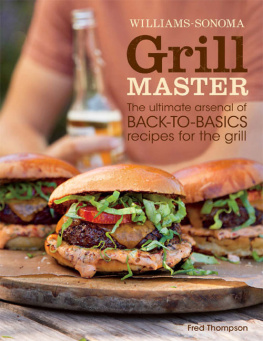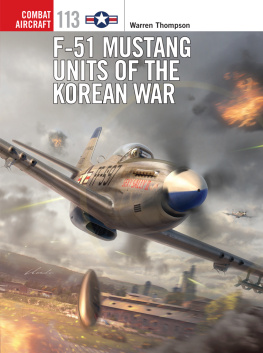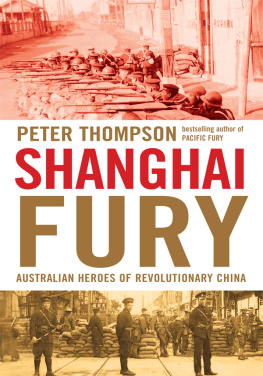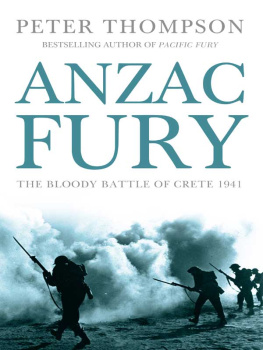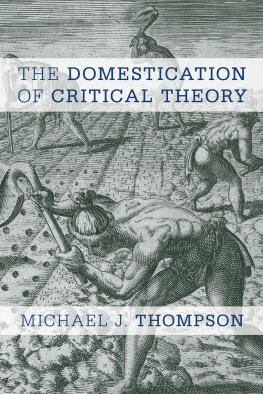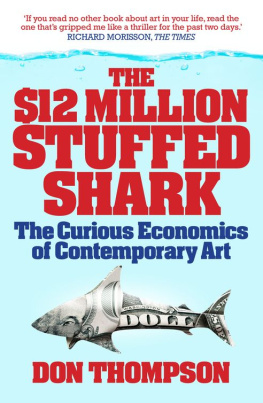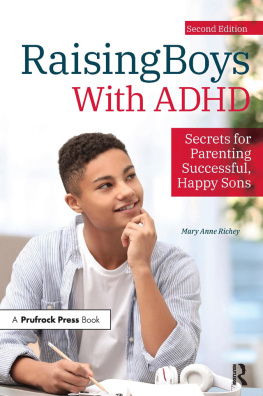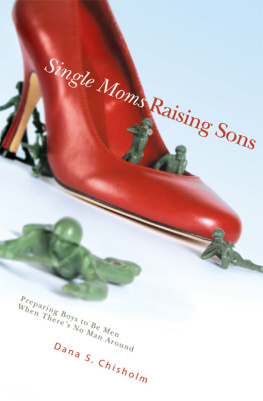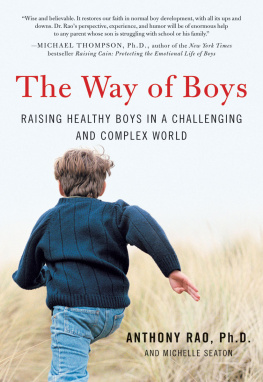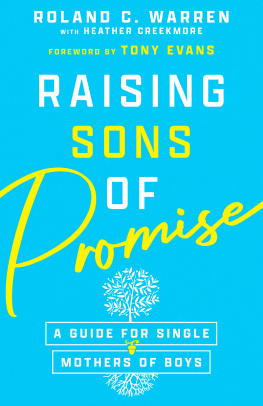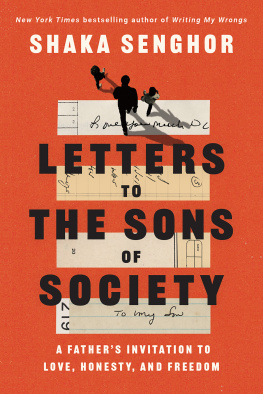We did these things in darkness and in the light of day, moving always to the sound of breaking glass and yowling cats and grinding metal.
A father is a man who fails every day.
I spotted Tony Hawk sitting at a Lower East Side caf, walked up, and introduced myself.
For years, Id been trying to reach him, hoping that an interview with the worlds most famous skater might reveal some insider information about who my boys were, and where they were headed. I told Hawk about my kids and the book I was trying to write, and he agreed to an interview. Weeks later, when we talked by phone, I asked him to help me understand the stage my wife and I found ourselves in, with two pathologically rebellious teen skaters on our hands, a stage that seemed to go on and on.
Why are they drawn to the fringe? I asked, knowing that he had skate sons of his own. Why the distrust of authority, the outsider attitude?
What I really wondered: What are we doing wrong, and how can we fix it?
Hawk told me some kidskids like himcraved an identity that differed from their peers, and skating gave it to them. I totally got that part. Id been that kid. I just wondered when they might transition from skate life to life life. He agreed that skaters all faced that moment when they take responsibility for yourself and become a member of society.
Some of them abide; some dont. But your kids can always hold on to that sense of individuality, he said. They need to just figure out a way to make that uniqueness work in their favor.
Their uniqueness. Thats what Id always cherished. For nearly a decade, skating had been something my kids did, alone or with friends, day and night, indoors and out, for two or four or six hours straight. Who does anything for six hours, except sleep and work?
Still, at times while writing this book, dragging myself and my family back to our roughest patches, Id sometimes wonder (as would they), Why? Why dwell on my kids noncompliant past? But the truth is: I loved those days. Ive loved all of our days. Id reached a point where I needed to relive those moments, to celebrate them, the good and the bad.
Though my wife worried that writing about our kids would memorialize our incompetence, I lobbied that it would celebrate our persistence. Probably a little of both.
Writing this book was as much an exercise in therapy as it was reportage and storytelling. And as I plunged deeper and began slowly admitting aloud that I was actually writing a skate dad memoir, I was frequently shocked at how many parents had stories to share. They had skate kids, or theyd been skaters, or they had a defiant, pot-smoking teen somewhere in the family.
We were hardly alone, I learned. Thats what convinced me that our story, and theirs, was worth sharing. Despite all the risks.
I knew I was exposing my kids and my wife. After many uneasy discussions along the way, they agreed to come along for the ride, a profound act of generosity that humbled me. They read, they edited, they corrected me, scolded me, and did what they could to fix what needed fixing. For that, Im eternally grateful and proud. But I should be clear: any fuckups are mine alone.
Like any memoir delving into the minefields of family history, this story required a delicate balance of revelation and obfuscation, involving a handful of bent rules, the kind I wasnt used to bending. As a journalistand an ex-CatholicIm professionally, physically incapable of bullshitting. Yet for the sake of narrative flow, in a few instances similar scenes were merged, and the timing of a few scenes was tweaked. And since this story contains teen drug use, for the sake of college admissionsand any future political aspirationsI changed a couple names.
Beyond that, everything happened as described. At least as I remembered it.
Image from authors collection.
Until the grown-ups come to fetch us, well have fun.
William Golding, Lord of the Flies
FOOD LION SKATEPARK
ASHEVILLE, NC
T here were fits and starts, but the real moment, at least for me, began when Leo nailed his first drop-in.
Clad in the protective plastic armor required by managementhelmet, knee, elbow, and wrist padsLeo stood at the rim of the concrete bowl, right foot on his kid-size board, waiting for an opening in the action. Half a dozen skaters were rolling in and around the U-shaped bowl, ranging from preteen to twenty-something to grandpa: a wobbly, pudgy, ponytailed old dude in a white tank top, happily swirling around the smooth surface like a golf ball dropped into a bathtub.
Leo had just turned eight and was determined to master the drop-in, one of skatings landmark accomplishments, like catching your first wave, slapping your first base hit. Hed lean forward, lift his back foot onto the board, and tilt into the concrete belly, trying to time his descent and avoid a collision. Yet on each attempt, as he tipped over the edge hed jump off and chase his runaway board. The other skaters would skirt around him or his board, and I worried theyd start getting pissed at this cute but annoying little noob. Instead, I overheard their coaxing: Nice try, kid... You can do it... Almost, dude. Even old ponytail weighed in with encouragement: Try staying forward.
Leo tried and bailed, tried and bailed, and I forced myself not to intervene. But I also realized he wasnt actually bothering the other skaters. Despite his size and hesitance, he was one of themor was about to be. The scene was so different from the baseball or soccer fields of his and Seans halfhearted forays into team sports, where typically only the best kids got to play. Here, amid the whoosh and thwack of polyurethane wheels on wave-shaped concrete, amid the shouts and laughs of boys, young men, and one lone girl, there were no jacked-up parents cheering or jeering at coaches and refs. Here, Leos coaches, refs, and teammates were his fellow skaters. And they were all pulling for him.
I realized something else as I sat at a picnic table, drinking coffee and pretending to read a magazine, our big white dog curled at my feet... Leo wasnt on the sidelines or in the dugout waiting for the call-up. He wasnt on JV hoping for a shot at varsity. I wasnt stressed about whether hed get a base hit or a foot on the soccer ball. He was out there in a muddle of skaters, all ages and skill levels, smaller than the rest but doing his best, trying the same maneuver again and again, which was enough to earn a spot in the mix.
After more than a dozen attempts, Leo pushed over the rim, leaned forward, rolled down the slope and kept both feet glued to his board. Arms wide for balance, he rolled up the other side, kick-turned and rolled back in. The other skaters circled in close, buzzed past him, and then... they clapped, or patted his back, or gave his helmet a tap. They said yeah or nice! or good job. One kid slapped his board against the lip of the bowl, which Id learn was a skaters form of applause. They didnt make too huge a deal of it. It was subtle enough. But theyd all been watching as another tyke strived to join their club, as he achieved the feelingof what, freedom? flight


